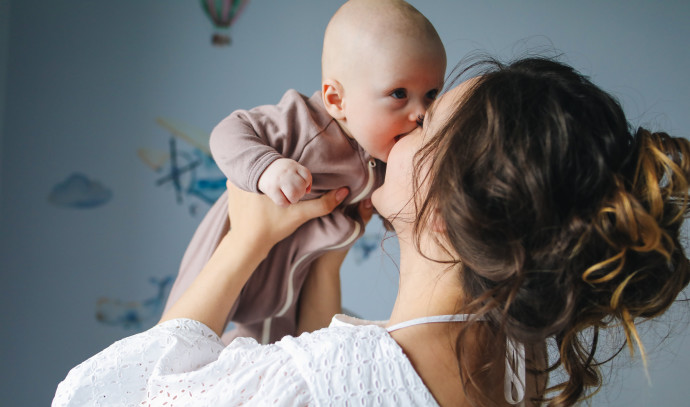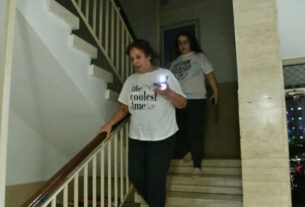Every parent has cared for a baby with a fever. When a baby starts to get hot, and when the cheeks are red and the eyes are watery, the parents’ anxiety level shoots up.
Yet before you run to the emergency room, you should know that fever in children (and adults) is a reaction of the immune system against viruses and infections. The increase in body temperature, in fact, improves the work of the immune system and makes the white blood cells work more efficiently. Fever treatment is very age-dependent. As detailed below, in the more advanced ages, there are more solutions.
Parents of babies always ask what body temperature is considered normal, and what isn’t. Normal temperature ranges between 36.5 and 37.5 degrees Celsius. Besides the fever, other signs such as sleepiness and apathy, lack of appetite, breathing problems and relatively little contact with their immediate environment can indicate that something is wrong.
In general, you can give paracetamol every 4 hours and Nurofen every 6 hours. Still, check the instructions of each bottle because the dosage is dependent on a baby’s weight. Nurofen isn’t recommended for kids under the age of 6 months, and in general, one isn’t more recommended than the other.
Newborns up to one-month-old
First, it’s important to emphasize that until the age of one month, it’s recommended not to use antipyretic drugs (such as paracetamol) before consulting your doctor.
Second, if a fever appears, our course of action as parents depends on the baby’s temperature. If the fever is above 38 degrees (indicated not through a forehead test, but by using a rectal thermometer) you should go to the ER without delay; you don’t need a referral from a doctor. The ER will examine the baby thoroughly and do blood tests.
Why are we worried at this age? Newborns don’t interact with their environment or smile, so they can’t communicate in a way that shows if they feel well or not. Serious infections which pass through the birth canal and may lead to meningitis should be ruled out. If the temperature is below 38, go to your pediatrician who will thoroughly examine the baby.
Between two and four months
At this point, the baby has received their first vaccinations so we can be more relaxed because the illnesses they were vaccinated against can be ruled out. Sometimes, low-grade fever can occur after a vaccination, usually a few days afterwards the shot was given. When babies start daycare they’ll be exposed to various viruses. If a fever develops, give babies Acamol and go to your doctor.
Over four months old
Is the baby alert and eating? If so, you don’t have to run immediately to the doctor and you can treat the fever at home. If babies won’t eat or urinate, or they’re lethargic, these are alarming signs that require them to be checked by the doctor.
Important Information
About 2% of babies and children between the ages of six months and six years may suffer from seizures due to high fever, or other reasons. During a seizure, the child may lose consciousness, roll their eyes, lose bladder control and flap their arms in involuntary movements. In case of seizures, with or without fever, call an ambulance so that medical personnel can quickly evaluate the situation and your child will be treated immediately at the hospital.
Of course, with any questions, please contact your pediatrician.




